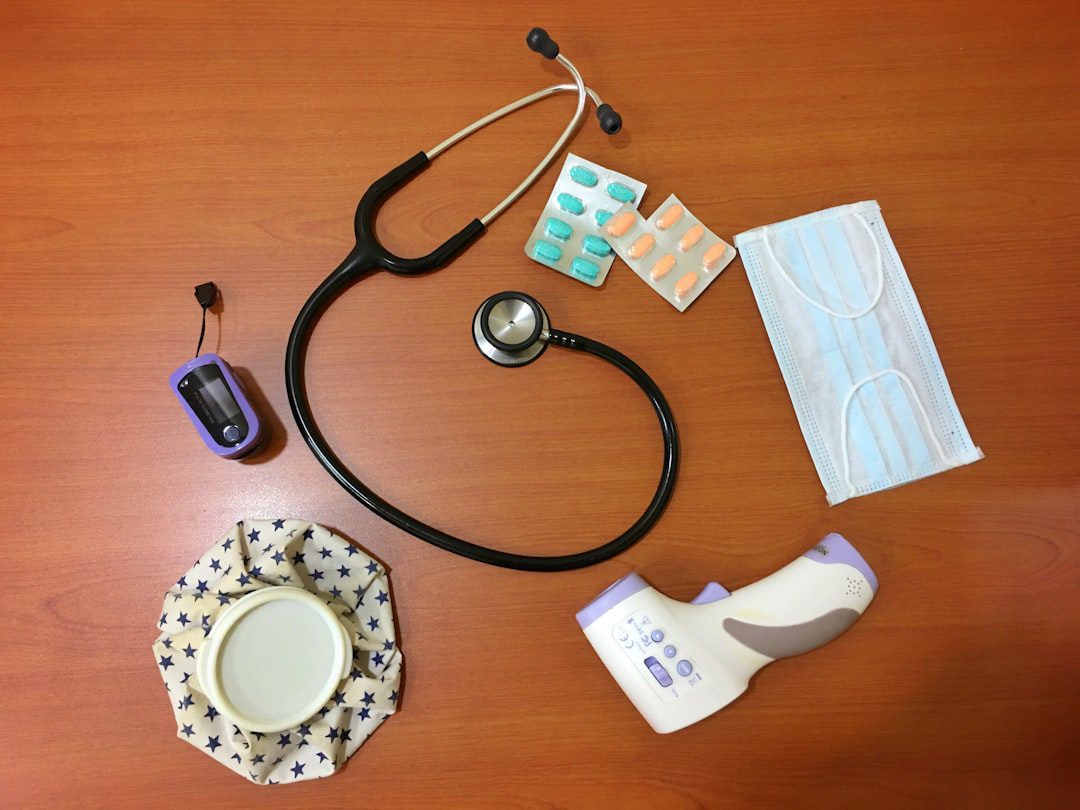
Industry Publication Highlights Serious Recall Communication Challenges
Fast Company’s recent coverage of NotiSphere’s medical device recall solution has brought renewed attention to what industry experts are calling a “shockingly slow and ineffective” recall process that continues to put patient safety at risk. This spotlight on recall inefficiencies comes at a critical time when medical device manufacturers face increasing scrutiny from regulators and heightened expectations for rapid response capabilities.
The Current State of Medical Device Recalls
The medical device industry processes hundreds of recalls annually, yet traditional communication methods often fail to reach healthcare providers quickly enough. Recent FDA data shows that recall notifications can take weeks or even months to reach all affected stakeholders, creating significant patient safety risks and potential liability exposure for manufacturers.
Key challenges in the current recall landscape include:
- Fragmented communication channels that delay critical safety information
- Incomplete contact databases leading to missed notifications
- Manual processes that introduce human error and delays
- Lack of confirmation mechanisms to verify message receipt
- Inconsistent documentation for regulatory compliance
Regulatory Expectations and Compliance Requirements
Under 21 CFR 806, medical device manufacturers must notify the FDA within 10 days of a recall and implement effective recall strategies. However, the regulation’s emphasis on “effectiveness” means manufacturers must demonstrate that their recall communications actually reach intended recipients and prompt appropriate action.
The FDA’s guidance on recall communications specifically requires manufacturers to:
- Maintain current contact information for all customers
- Use multiple communication channels when necessary
- Document all recall communication efforts
- Monitor recall effectiveness and adjust strategies as needed
Business Impact of Ineffective Recall Communications
Slow or ineffective recall processes create multiple risks for medical device manufacturers beyond regulatory non-compliance. These include increased liability exposure, damage to brand reputation, extended recall duration, and higher overall recall costs. Companies may also face FDA enforcement actions, including warning letters or consent decrees, if their recall communications are deemed inadequate.
Strategic Actions for Manufacturers
To address these challenges and ensure compliance with evolving regulatory expectations, medical device manufacturers should consider implementing the following strategies:
Modernize Communication Infrastructure
Invest in digital communication platforms that can reach multiple stakeholders simultaneously across various channels. Modern recall management systems should integrate with existing quality management systems and provide real-time tracking capabilities.
Maintain Comprehensive Contact Databases
Regularly update and verify contact information for all customers, distributors, and end users. Implement automated systems to capture contact updates and maintain data accuracy.
Develop Robust Documentation Processes
Establish clear procedures for documenting all recall communications, including timestamps, delivery confirmations, and recipient responses. This documentation is crucial for demonstrating compliance during FDA inspections.
Implement Effectiveness Monitoring
Create mechanisms to track recall communication effectiveness, including response rates, return rates, and corrective action completion. Use this data to continuously improve recall processes.
Looking Forward: Industry Evolution
The attention from Fast Company and other mainstream business publications signals growing awareness of medical device recall challenges beyond traditional industry circles. This increased visibility is likely to drive further regulatory scrutiny and potentially new guidance from the FDA on recall communication standards.
Manufacturers who proactively address these communication gaps will be better positioned to protect patient safety, maintain regulatory compliance, and preserve their market reputation when recalls become necessary.
As the industry continues to evolve, effective recall communication will increasingly become a competitive differentiator and a critical component of comprehensive risk management strategies.


No comments yet. Be the first to comment!